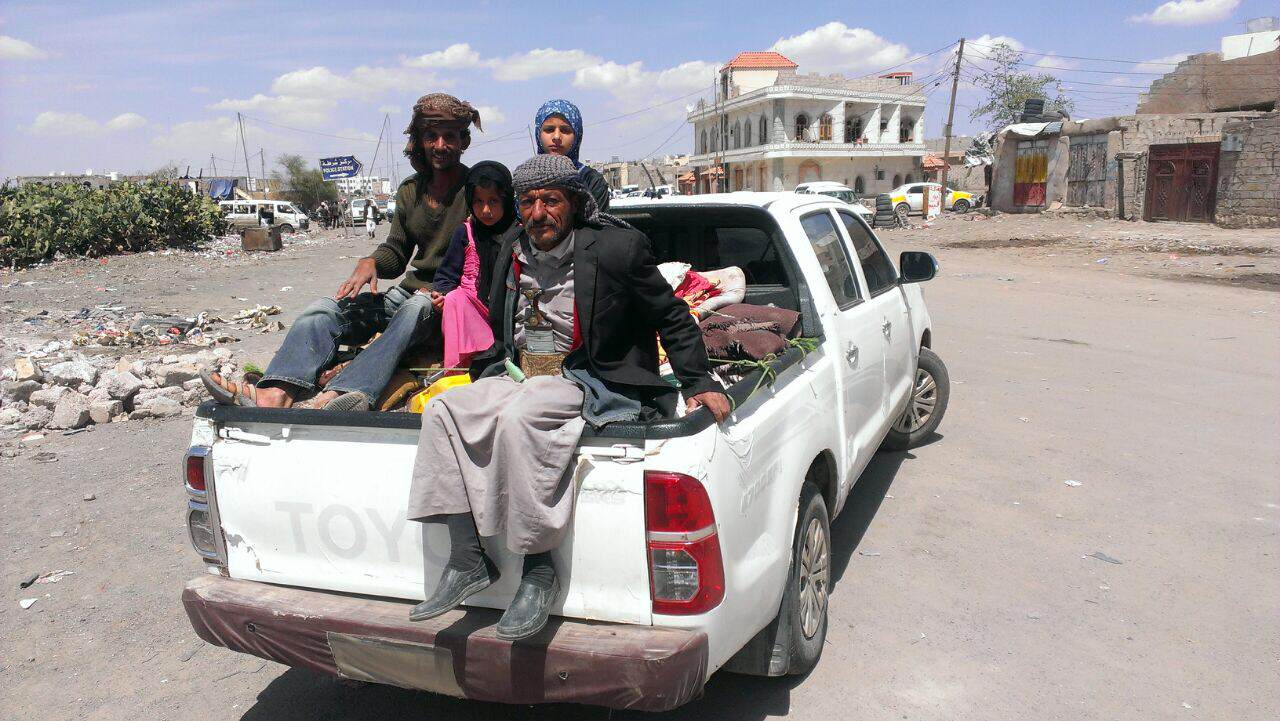The announcement by Saudi Arabia of a five-day humanitarian ceasefire in Yemen has been cautiously welcomed by aid agencies, but some are warning it is not long enough to be meaningful.
After much diplomatic pressure from the United States, Saudi Arabia announced on Thursday that it was planning a five-day break in its bombing campaign in the Middle East’s poorest country.
A Saudi-led coalition has been bombing Yemen for six weeks in a bid to unseat pro-Iranian Houthi rebels who seized control of the capital Sana’a last September. The strikes have killed some 1,250 people, more than half of them civilians, according to UN figures.
"The pause will affect all of Yemen for a period of five days. The actual date will be announced shortly, as well as the requirements,” Saudi Foreign Minister Adel al-Jubeir said, adding that the ceasefire was contingent on Houthi agreement.
The stated aim of the ceasefire is to allow humanitarian access for civilians, thousands of whom have been wounded during the bombing campaign, which has been accompanied by fierce clashes on the ground.
But some aid agencies, most of which are running low on fuel due to Saudi-led restrictions on shipping, fear the truce may not be as significant as some might hope.
Nasser al-Khawlani, food programs officer at the World Food Programme (WFP), said the five-day pause was insufficient. “This is not enough time to distribute our aid. We need at least 10 days.”
In the event of a ceasefire, the WFP would seek to rush out food baskets to Yemenis across the country, including more than 300,000 civilians displaced by the conflict, Khawlani said, before warning: “Without fuel, we can do nothing."
Mohammed Harmal, from the Executive Unit for IDP (internally displaced person) Camps in Yemen, voiced similar concerns.
“We can do nothing within this very short period simply because we have no fuel to transport the aid to the areas of conflicts or to the affected people in (the towns of) Aden, Sa’ada, Amran, Abyan,” he told IRIN. “Also, we should have been informed about the period of the truce earlier to get ready. I am sure it is impossible to do anything during this period.”
But Mugeeb Hasan, from the UN’s refugee agency, UNHCR, was more optimistic.
“Our first priorities are to provide the safe sanctuary and protection for all the IDPs in all the affected areas,” he told IRIN. “Before the coalition airstrikes, we faced difficulties in delivering aid to the IDPs because of the meddling of some of the armed groups. However, we expect that all parties will respect the humanitarian truce and allow us to provide humanitarian aid to the affected people in the conflict areas.”
am/jd-ag





